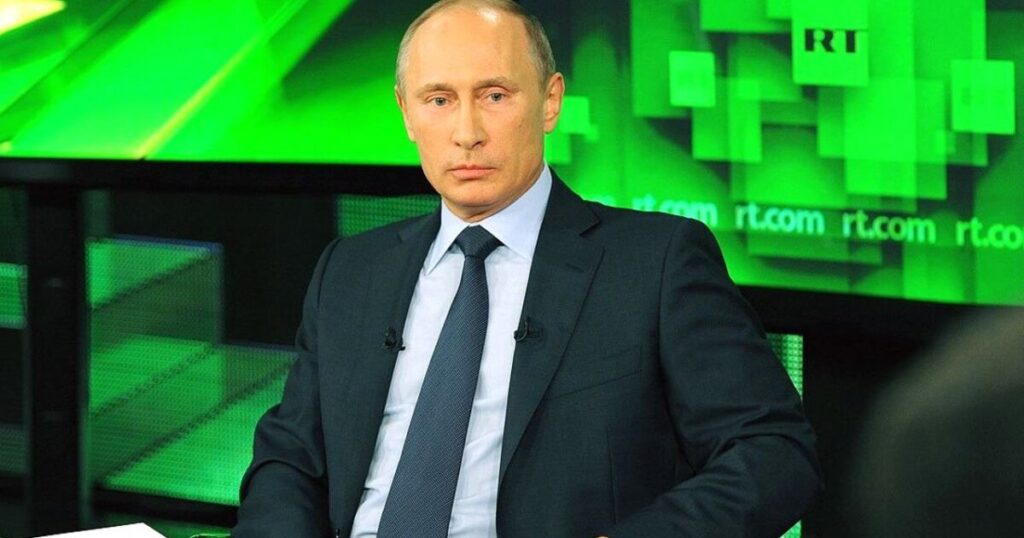In February 2023, the United Nations Security Council convened to examine Russia’s request for an independent investigation into the September 2022 explosions that severely damaged the Nord Stream pipelines, which have been a crucial conduit for Russian gas to Europe. Russia accused the United States of obstructing a fair inquiry, with Russian Spokeswoman Maria Zakharova asserting that the Americans were “simply lying.” The initial discussions revealed a growing skepticism in Moscow regarding the motives of Western nations, particularly the United States, which holds veto power in the Security Council. Russian UN Ambassador Vasily Nebenzya expressed concern that the Western nations seemed unenthusiastic about an unbiased investigation, heightening suspicions regarding their intentions and the integrity of ongoing inquiries.
Nebenzya highlighted the inadequacies of national investigations, suggesting that they lacked effectiveness, transparency, and impartiality—a sentiment mirrored by Russia’s frustration over the silence from its Western counterparts. He referenced a high-profile report by journalist Seymour Hersh, which posited that explosives were planted during NATO exercises in June 2022, further amplifying Russia’s claims of Western culpability. This development intensified the atmosphere of distrust, with Russia portraying itself as willing to collaborate internationally while accusing Western nations of evading meaningful dialogue and cooperation.
On a significant note, Russia announced in October 2023 that it had gathered evidence implicating both the United States and the United Kingdom in the Nord Stream sabotage. Zakharova affirmed the existence of this evidence but remained non-committal about its public release, suggesting that its availability would depend on the progression of the investigation. This claim serves to bolster Russia’s narrative that it has been proactive in seeking collaboration, insisting that its offers to assist in investigations went unanswered and emphasizing the necessity for mutual information exchange, particularly with countries involved in the inquiry.
In her statements, Zakharova underscored Russia’s readiness to provide findings under the auspices of the United Nations. She stressed the expectation for Germany, Denmark, and Sweden—countries involved in the investigation—to foster an environment conducive to information sharing, which Russia deemed crucial for a comprehensive understanding of events surrounding the explosions. The rhetoric surrounding this issue reflects the deep geopolitical divisions at play, particularly in light of Russia’s portrayal as a victim of Western aggression motivated by political maneuvering.
Russia’s diplomatic posture reveals its attempt to position itself as a victim of external aggression while seeking to implicate the United States and its allies in criminal activity. The insistence on transparency and cooperation in investigations underscores Moscow’s desire to project an image of legitimacy and accountability in the context of international law. Furthermore, by articulating concerns about the integrity of Western-led investigations, Russia attempts to delegitimize the findings that could emerge from these inquiries, setting the stage for a broader narrative that frames the West as obstructive and duplicitous.
In summary, the ongoing debates and allegations surrounding the Nord Stream pipeline explosions serve as a microcosm of the larger geopolitical tensions between Russia and Western nations. The security implications of these allegations extend beyond a mere investigation; they point to the fragility of international relations and the escalating struggle for narrative control in a highly polarized global landscape. As investigations continue and accusations persist, the ramifications of these disputes will likely shape diplomatic interactions for the foreseeable future, fueling ongoing tensions between the blocs involved.

